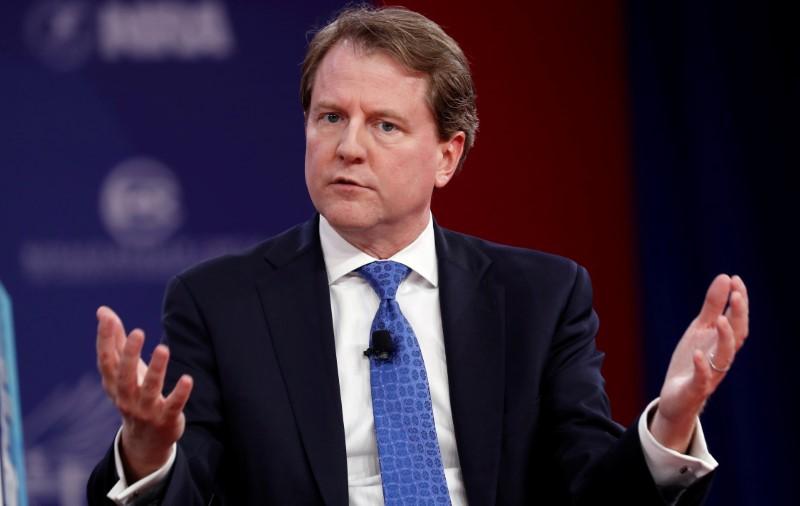A federal appeals court on Friday upheld a congressional subpoena seeking former White House counsel Don McGahn’s testimony before Congress, ruling that the House has the right to bring suits to enforce its subpoenas.
Judges of the full D.C. Circuit Court of Appeals ruled 7–2 to overturn a divided panel opinion from February that found that the House lacked standing to seek judicial enforcement of the McGahn subpoena.




